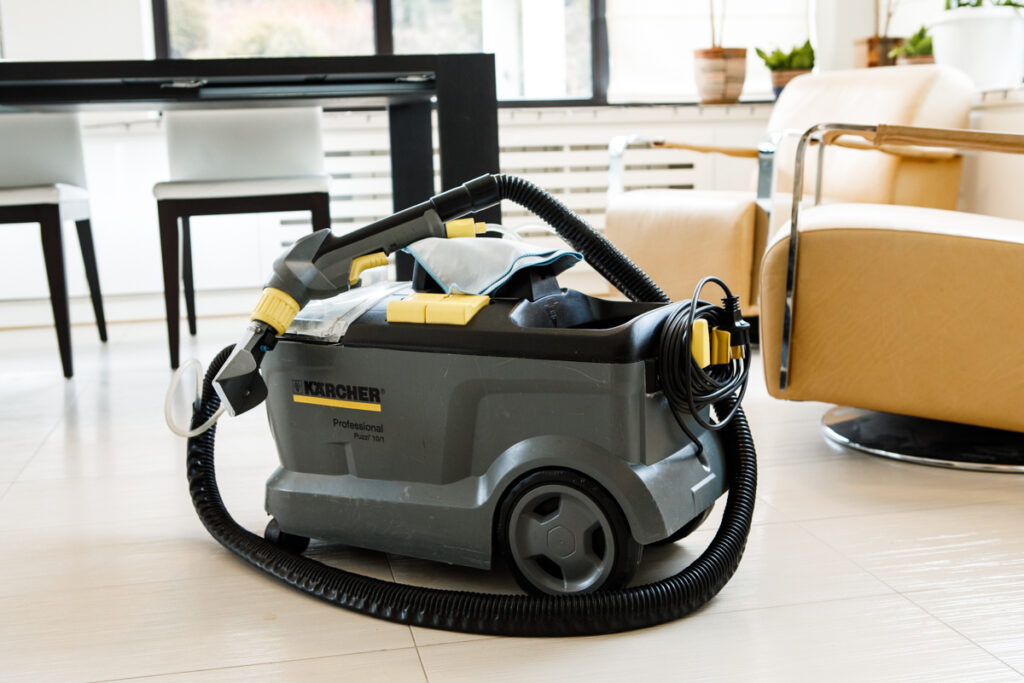Is Leaving Your Room Untidy a Sign of Depression? Uncover the Links with Expert Insights
An untidy room might be more than just a forgotten chore, and its state could mirror your mental health. As we explore the interconnectedness between a messy living space and potential mental health issues, you'll gain insights into how something seemingly trivial can provide significant cues about our emotional well-being. Dive with us into understanding whether leaving your room untidy is a symptom of depression, unravel the psychology behind it, and uncover actionable solutions to regain control.

Understanding the Psychology Behind the Mess:
📊 The Statistics Speak:
Recent studies reveal that over 60% of individuals with depression struggle with maintaining regular household chores, often finding themselves overwhelmed by the prospect of cleaning.
🏠 Mess as a Manifestation:
While everyone occasionally skips cleaning, persistent disarray or neglect may signal internal distress. Depression is not just about feeling sad; it often encompasses fatigue, a loss of energy, and a diminished interest in usual tasks, including maintaining one’s living environment.
Frequently Asked Questions:
❓ FAQ 1: Is My Untidy Room a Definite Symptom of Depression?
- No single symptom can diagnose depression alone. An unkempt room, in conjunction with other signs like persistent sadness, changes in appetite, and difficulty concentrating, could indicate depression.
❓ FAQ 2: Why Can’t I Find the Motivation to Clean?
- Depression reduces motivation. Simple tasks like tidying up can feel monumental as the disorder saps your energy and optimism.
❓ FAQ 3: How Can I Differentiate Between Laziness and Depression?
- Laziness is typically temporary and circumstantial, while depression affects overall life aspects consistently, including physical health, motivation, and mood stability.
Strategies to Conquer Clutter:
1. Start Small:
- Begin with a corner or a single room. Short, focused cleaning sessions can prevent overwhelming feelings. The concept of "baby steps" works wonders in preventing discouragement.
🧹 Solution Suggestion: Make use of professional cleaning services like Cleanwhale.de to periodically assist and give you a fresh start.
2. Establish a Routine:
- Incorporate cleaning as part of your daily schedule. Setting a specific time each day makes it manageable and eventually habitual.
3. Mindful Cleaning:
- Transform cleaning into a meditative process. Focus on the act itself to help improve mental clarity and reduce anxiety symptoms.
4. Incentivize Yourself:
- Reward post-cleaning with small self-gifts or relaxation activities. Positive reinforcement can keep motivation alive.
5. Seek Support:
- Sometimes reaching out to friends, family, or mental health professionals can offer the encouragement or guidance needed.
Conclusion:
Maintaining cleanliness may feel trivial when faced with the invincible storm of depression. However, addressing the state of our living spaces offers a tangible starting point towards recovery. Recognizing links between our mental wellbeing and environment is crucial. Start today by incorporating these mindfulness strategies to foster both mental health and a harmonious living space. Embrace support through services like Cleanwhale.de to relieve burdens periodically.
Remember:
Your personal space is an extension of your mind. The symbiotic relationship they share means looking after both is not just beneficial; it’s essential.
Engage with us, share this post, and help others unveil the path to reclaim cleanliness as part of the broader journey towards emotional and mental wellness. Ready, set, tidy!















